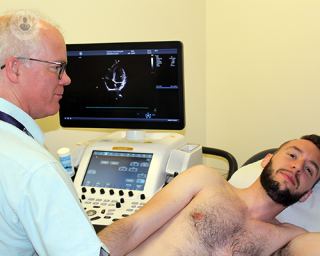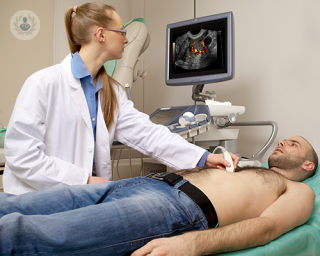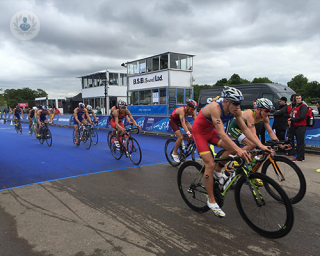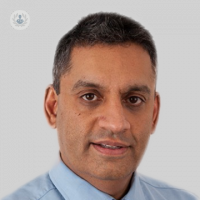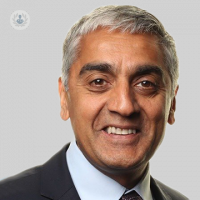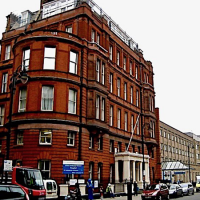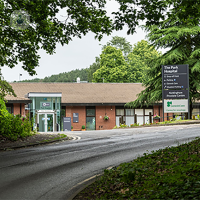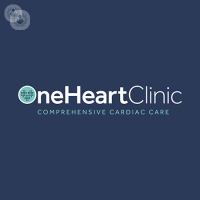Echocardiogram
Dr Alessandro Giardini - Paediatric cardiology
Created on: 11-13-2012
Updated on: 07-28-2023
Edited by: Sophie Kennedy
What is an echocardiogram?
An echocardiogram is a non-invasive, painless ultrasound scan carried out to create an image of the heart. The exam uses ultrasound waves to view the structure and examine the functionality of the heart, including the chambers, valves, cardiac muscle and adjoining blood vessels.
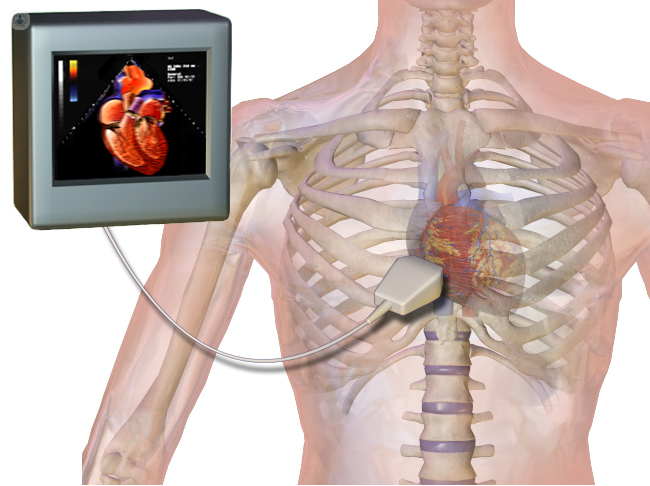
What does an echocardiogram involve?
An echocardiogram is a non-invasive diagnostic tool that allows the doctor to examine the chambers of the heart and connecting blood vessels, providing useful information on your heart’s general state of health and on any potential cardiopathies.
It usually lasts 10-15 minutes, during which you’ll need to be very still. You will have to take your shirt off and lie down on a flat bed. A special gel will be applied on your skin and then some electrodes will be placed on your chest. A probe or transducer will be then placed on your chest and, thanks to the ultrasound waves the probe emits, the doctor will have a clear picture of your heart and surrounding structures.
What is an echocardiogram for?
An echocardiogram is done to get more information about your heart’s pumping strength, the condition of the valves and the blood flow to the heart’s cavities. It can be carried out in several different ways:
- Transthoracic echocardiogram – the transducer is placed on your chest, emitting ultrasound waves which will give a real time picture of your heart
- Transesophageal echocardiogram – it is done by endoscopy and it can identify conditions that are otherwise hard to diagnose, such as complex valvular defects, rare congenital malformations or conditions of the thoracic aorta
- Three-dimensional echocardiography – enables detailed anatomical assessment of the heart
You may require an echocardiogram if:
- You’ve had a heart attack
- You suffer from heart failure
- Your heart valves are damaged
- You’ve had an artificial heart valve implanted
- You were the recipient of a heart transplant
What does it feel like during the procedure?
You won’t feel any pain or discomfort as the procedure is completely painless and safe.

